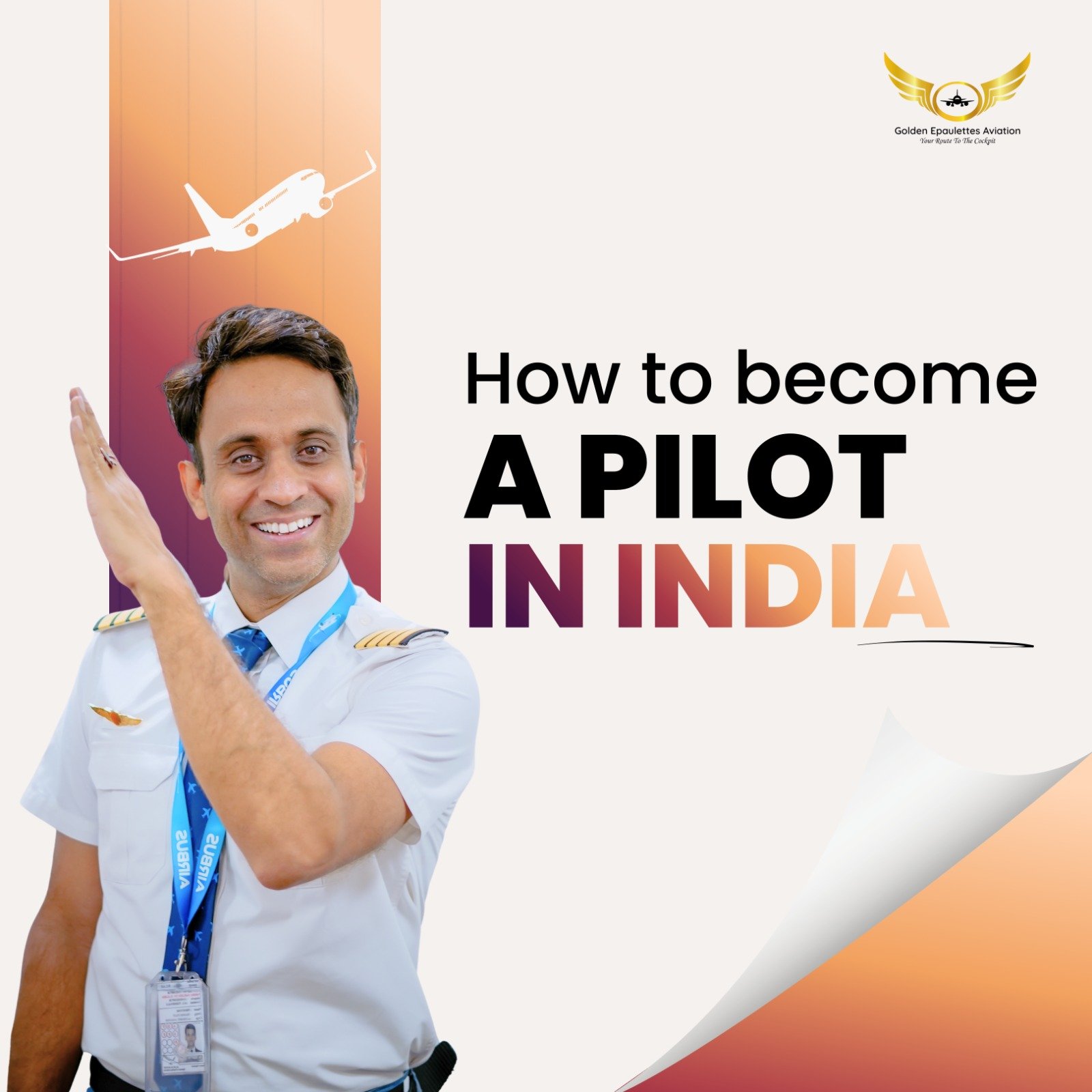Pilot Duties in India: What Indian Pilots Do
Content will be added soon
 Menu
Menu
Pilot Programs
The Duties of a Pilot in India
Rohit
Author

Thank you! Our team will contact you shortly on WhatsApp.